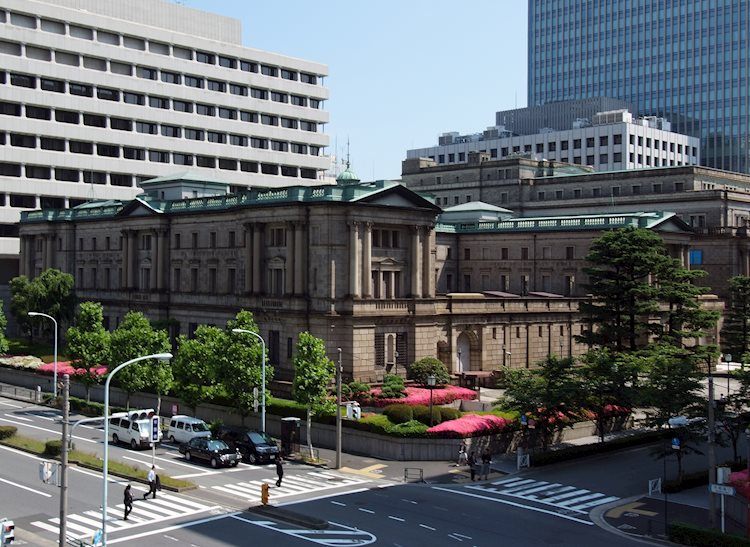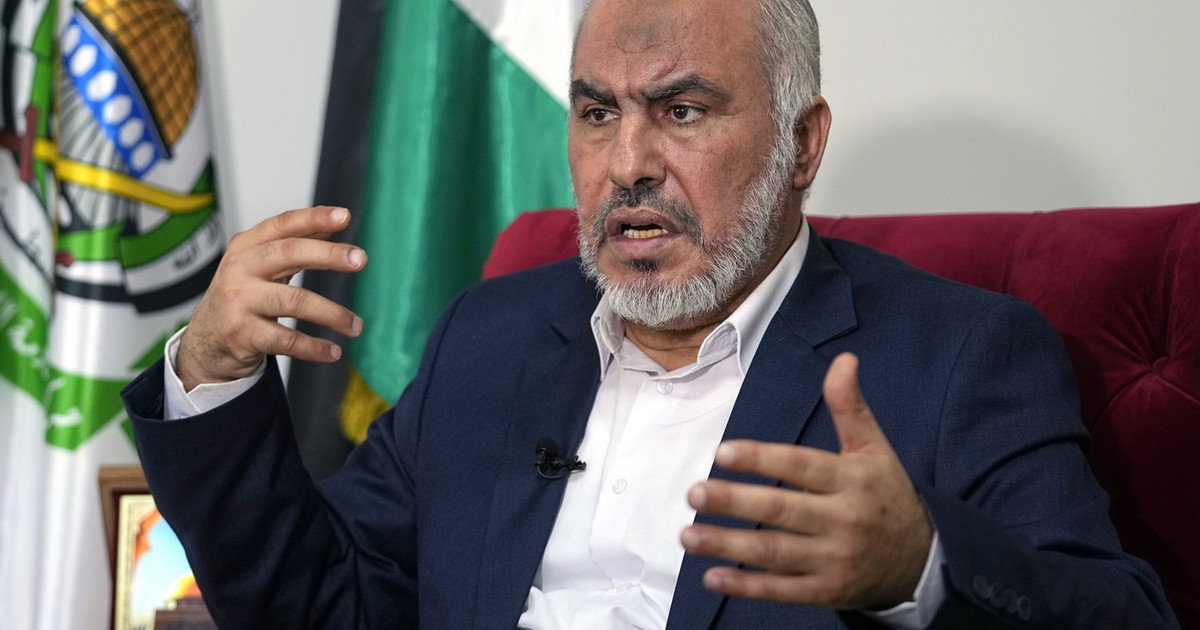The company behind the Arbitrum project, Offchain Labs, conducted an airdrop — the distribution of tokens in the form of encouraging active users of the ecosystem. On March 23, trading of the token under the ticker ARB began on the leading crypto-exchanges, and after a period of strong volatility at the time of listing, its price on the trading floors stabilized at $1.2. During the distribution of tens of thousands of addresses got from 3,000 to 10,000 tokens, and significant amounts of incentives in dollar terms caused a stir around other projects that may hold their own airdrops in the future, writes RBC Crypto.
The idea of handing out coins to users is not new. The first airdrop, after which this term came into use, came up with developers of the Auroracoin cryptocurrency back in 2014 at the stage of the birth of the mass crypto market. According to their idea, every resident of Iceland should have received the coins. The project quickly faded into oblivion, but the concept itself took root in the industry and continued to evolve.
Airdrops now serve as an effective method for blockchain services to attract an audience and, probably, increase the loyalty of users who receive rewards in the form of tokens. Some decentralized ecosystem projects that investors see potential are running multimillion-dollar funding rounds with big-name funds like Sequoia or Andreessen Horowitz.
If a few years ago they chose various forms of ICO (initial coin offering, initial coin offering) to raise capital and liquidity, now with this method of raising funds there is a risk that tokens will fall under the classification as unregistered securities in the USA, Europe or large Asian financial hubs. Free distribution of tokens helps to create a market for them, while most of their supply remains with developers and investors, creating a financial base for the former and a source of profit for the latter.
Service developers often do not announce a token at launch, but similar business patterns, as well as the experience of their competitors, help community members determine which projects will sooner or later decide to issue their own asset, and for which types of activity it will be possible to receive a reward.
It was the same with Offchain Labs: infrastructure has already been built around Arbitrum — decentralized exchanges, NFT marketplaces, games, wallets, social networks and other services. All of them are at an early stage of development and need active users and testing. It is for activity in such projects that tokens are eventually distributed.
Until recently, the company remained silent about the airdrop, but the successful experience of such large projects as Aptos, Blur or Optimism – the main competitor of Arbitrum – made it clear that participation in projects on the Arbitrum blockchain, most likely, would not be left without encouragement from developers.
From whom to expect new airdrops
This is not the first time that so-called drophunters receive impressive rewards for being active in blockchain projects – this was the case with Aptos, with Blur, or with an airdrop from the 2020 Uniswap decentralized exchange. But it was the distribution from Arbitrum that became noticeable even outside the cryptocurrency community.
This provoked a stir and an influx of users to the services of other ecosystem projects that have not yet issued their own tokens and, for a number of reasons, meet the criteria for potential organizers of airdrops in the future. In social networks and thematic channels, it is easy to find instructions and checklists with activities for potential applicants for the distribution of tokens.
The first obvious candidate is ZkSync, an Ethereum scaling solution with a different technical approach than Arbitrum or Optimism. In November 2022, the developer of ZkSync, Matter Labs, held several investment rounds for a total of $258 million with the participation of LightSpeed, Andreessen Horowitz and large venture crypto funds – Blockchain Capital and Dragonfly.
The ZkSync development team included Anthony Rose, who led the engineering teams at SpaceX, creating software for the Falcon, Dragon, and Starlink, and Steve Newcomb, who founded Powerset, which was acquired by Microsoft and later became part of the Bing search engine.
Within a week before the launch of the token from Arbitrum, users transferred $8 million worth of assets to zkSync ecosystem projects. According to DefiLlama, the amount of funds (total value locked, TVL) blocked in the pool of the ZigZag decentralized exchange running on the ZkSync platform increased from $1.5M to over $13M speaksthat it was the distribution of Arbitrum tokens that provoked an increase in the activity of “airdrop hunters”, both new ones and those who participated in distributions from other projects.
Among other potential candidates for future airdrops, there are several more projects that are most often mentioned in thematic discussions and publications on social networks.
starkware is an Ethereum scaling solution similar to zkSync. The developers are the Israeli company StarkWare Industries with investments over $150 million and an estimate of $8 billion.
Scroll — a similar Ethereum scaling solution. The project has raised $80 million in funding at a $1.8 billion valuation.
Fuel Network is an Ethereum scaling solution similar to Optimism or Arbitrum. Project Developers – Fuel Labs – attracted funding for $80 million in September 2022.
Aleo — DeFi protocol with a focus on privacy. Aleo Systems Developers attracted $200 million from SoftBank, Andreessen Horowitz, Samsung Ventures and other funds.
layerzero — a protocol for data exchange between blockchains of different ecosystems. The company behind the development, LayerZero Labs, has raised more than $173 million. Investors include PayPal Ventures and Andreessen Horowitz.
Other large projects without their own token include Sui, Celestia, Sei, Linera and others.
Criteria, subtleties and risks
As a rule, project developers do not name any criteria or conditions, by fulfilling which it will be possible to receive tokens in the future. Moreover, none of them guarantees the availability of an airdrop for early adopters or the launch of a token in general. Sets of activities are formed in the community based on the experience of predecessor projects, and when a distribution is announced, the project team each time independently decides who and for what can claim to receive tokens.
Some projects gave away tokens even for a single interaction with the ecosystem, and in the case of the Blur marketplace, for example, a full-fledged multi-level airdrop strategy with a gamified approach was developed.
Relative anonymity when using crypto services opens up room for manipulation. According to joint research journalist Colin Wu and the x-explore blog, as part of the airdrop, Arbitrum managed to identify about 150 thousand addresses and at least 4 thousand groups engaged in cheating activity, which accounted for more than 253 million ARB tokens from the distribution – about 22% of the total airdrop.
Evidence is mounting online that organized groups, typically in countries like Vietnam or Bangladesh, are swindling blockchain projects using multiple accounts and wallets, working office hours and getting paid. RBC Crypto managed to find two Russian-speaking and several international groups in the Telegram and Discord messengers, whose administrators offer activity “outsourcing” services. Prices for services range from $10 to $200 per account, depending on the project and set of activities.
The growing popularity of cryptocurrency airdrops is actively used by attackers. Interaction with blockchain projects implies a certain level of technical expertise, and inexperienced users often become victims of scammers. Online appear tens of thousands of phishing pages imitating the resources of well-known projects.
Sometimes such sites are built with attention to detail, have high-quality design and convincing scenarios of interaction with the victim. It helps to avoid risks by interacting exclusively with the official resources of the services, which also contain links to ecosystem projects in which you can participate, claiming a future airdrop.
Source: Cryptocurrency
I am an experienced journalist and writer with a career in the news industry. My focus is on covering Top News stories for World Stock Market, where I provide comprehensive analysis and commentary on markets around the world. I have expertise in writing both long-form articles and shorter pieces that deliver timely, relevant updates to readers.






